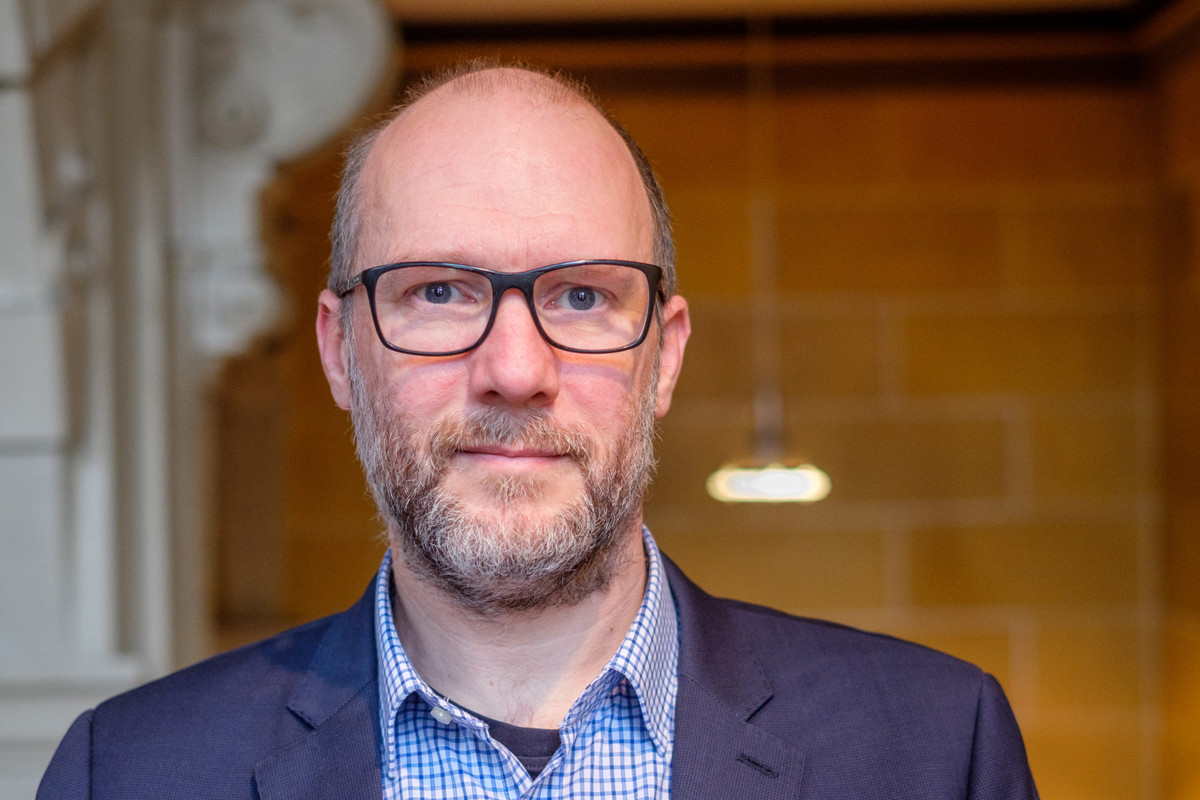Research topics
Fungi are eukaryotes that inhabit almost all the known ecological niches of our planet. They separated themselves from the other kingdoms of life about 500 million years ago. Fungi have therefore had a lot of time to evolve diverse strategies for the production of natural products. This ability has made them major players in the production of pharmaceuticals, agrochemicals and other biologically active compounds. Key examples are beat-lactam antibiotics, the statins which can lower human cholesterol levels, and the strobilurins which are among the world’s best-selling agricultural fungicides.
The Cox group aims to understand and engineer fungal systems to produce new natural products rationally using a multidisciplinary toolbox of methods drawn from chemical, biological and analytical sciences.
Research on medical potential of cytochalasans



Research Unit „CytoLabs – Systematic Investigation and Exploitation of Cytochalasans”, Spokesperson Prof. Dr. Russell Cox.
Multidisciplinary cooperation, funded by the German Research Foundation (DFG) – FOR 5170
Natural products produced by fungi
Cytochalasans are natural products produced by fungi which have many potent biological activities. They bind strongly to actin and thus significantly affect eukaryotic cells. They also display remarkable bioactivities in prokaryotes and as anti-viral compounds where actin cannot be the target. They inhibit protein synthesis, sugar transport, plant growth, tumor necrosis factor and angiogenesis and are involved in immunosuppression and virulence and avirulence of fungi towards plants and insects, although most molecular mechanisms underlying these processes are unknown. Cytochalasans are constructed from amino acids and polyketides and they are often oxidatively tailored. Many hundreds of family members are known, but very few systematic investigations of structure activity relationships have been reported because very few cytochalasans are commercially available.
The proposed CytoLabs Research Unit aims to address these problems through a systematic and integrated collaborative project between groups with expertise in the discovery, chemical synthesis, bioengineering, cell biology, in vivo and in vitro biochemistry, in planta and ecological bioactivity of cytochalasans. It aims to be able to apply modern synthetic chemistry (Kalesse, Klahn) and synthetic biology (Cox) to rapidly create known and new cytochalasans. Specific chemical modifications will also be systematically incorporated to generate cytochalasans with new functionality (i.e. new molecular tools). These compounds will be systematically collected into a compound library and tested in vivo and in vitro (Stradal, Rottner, Stadler, Zeilinger) and used to probe their mechanisms of action.
Meanwhile, discovery of new cytochalasans (and their biosynthetic genes) from fungi will also be important (Stadler), while studying plant responses to cytochalasan challenge (Franke, Hildebrandt) will open new avenues of ecological research. In parallel Beemelmanns will investigate the ecological role of cytochalasans in fungal/bacterial/insect communities. In addition the Stadler group runs a highly successful (and almost unique) scale-up platform for the bulk production and purification of natural products at up to 100 gram scale. Overall there will be eight high quality individual projects which are themselves leading-edge, but with a very high level of inter-project collaboration. Crucially, the creation of a curated compound library (Stadler), will be an underpinning technology platform which will enable effective collaboration and allow the RU to pursue multi-disciplinary long-term goals which are unachievable in single projects.
Head of group


30167 Hannover






